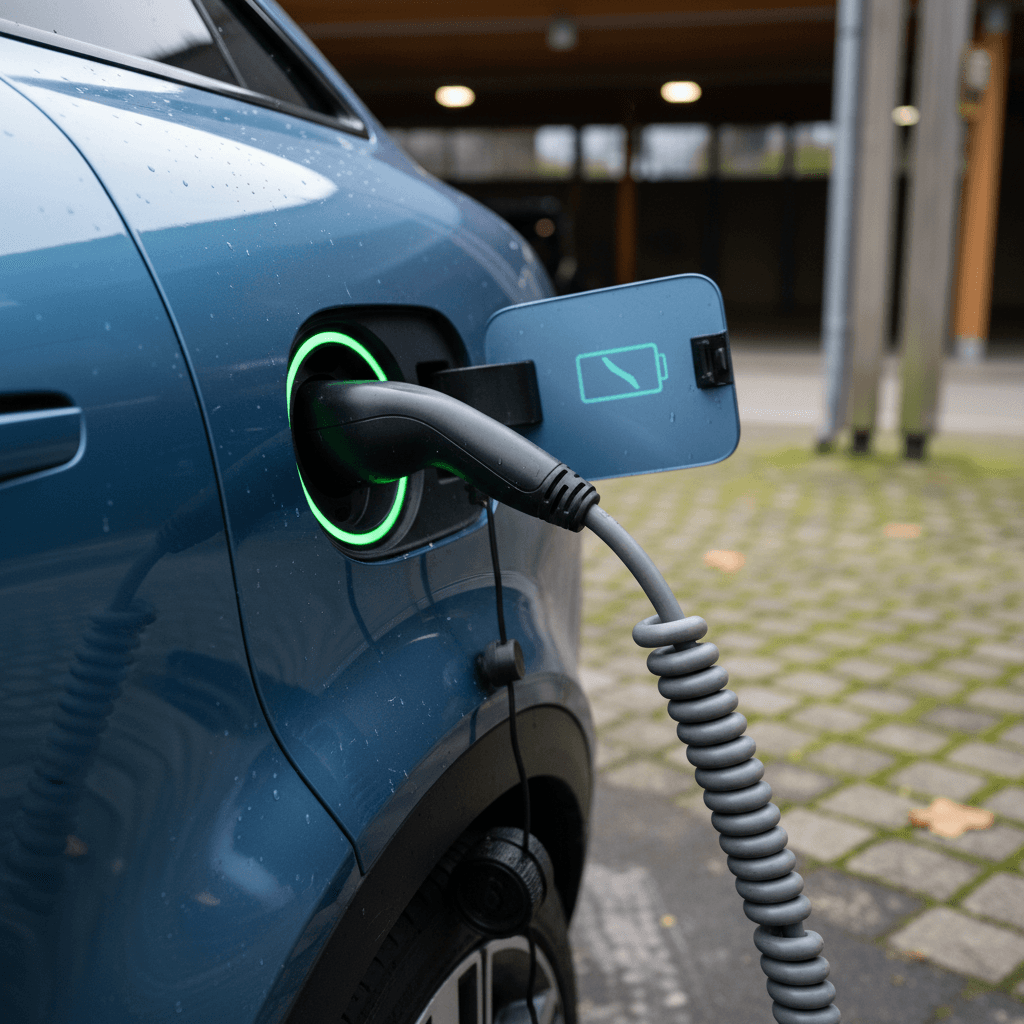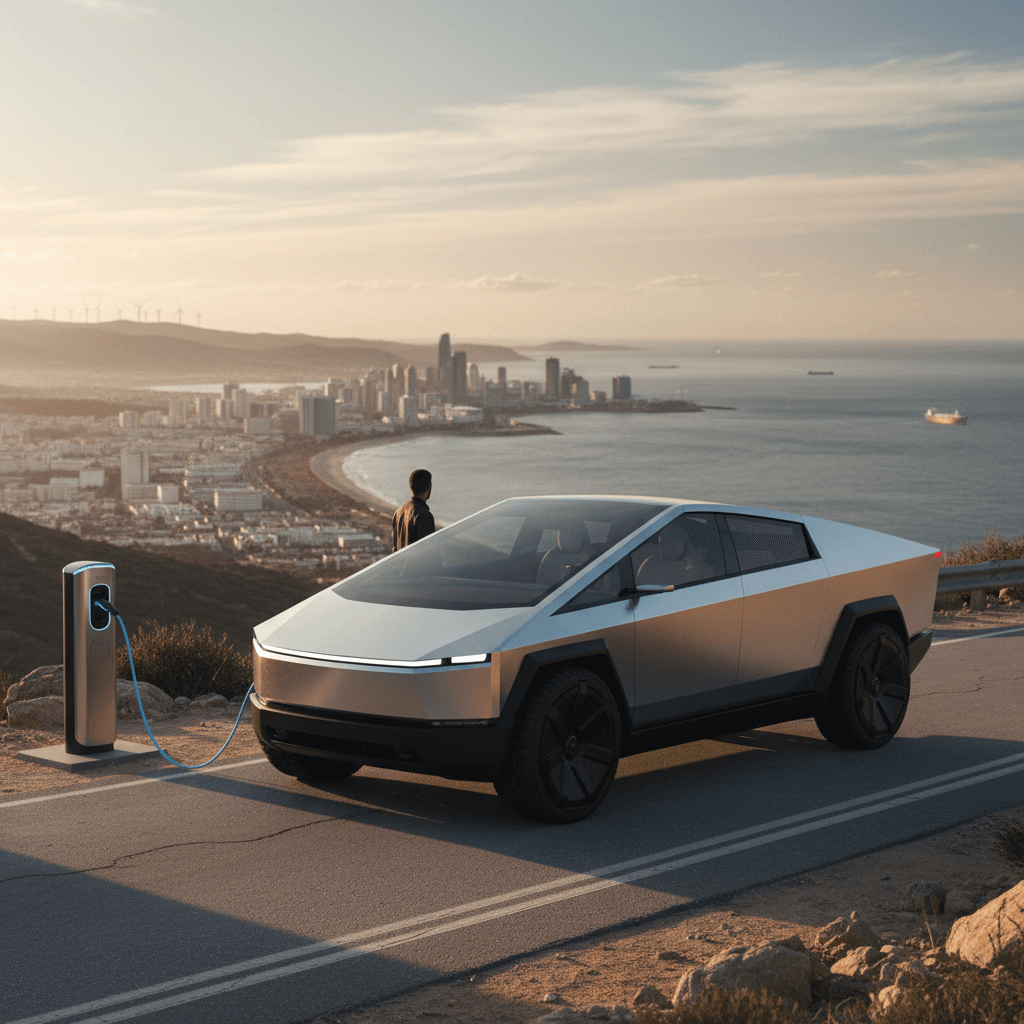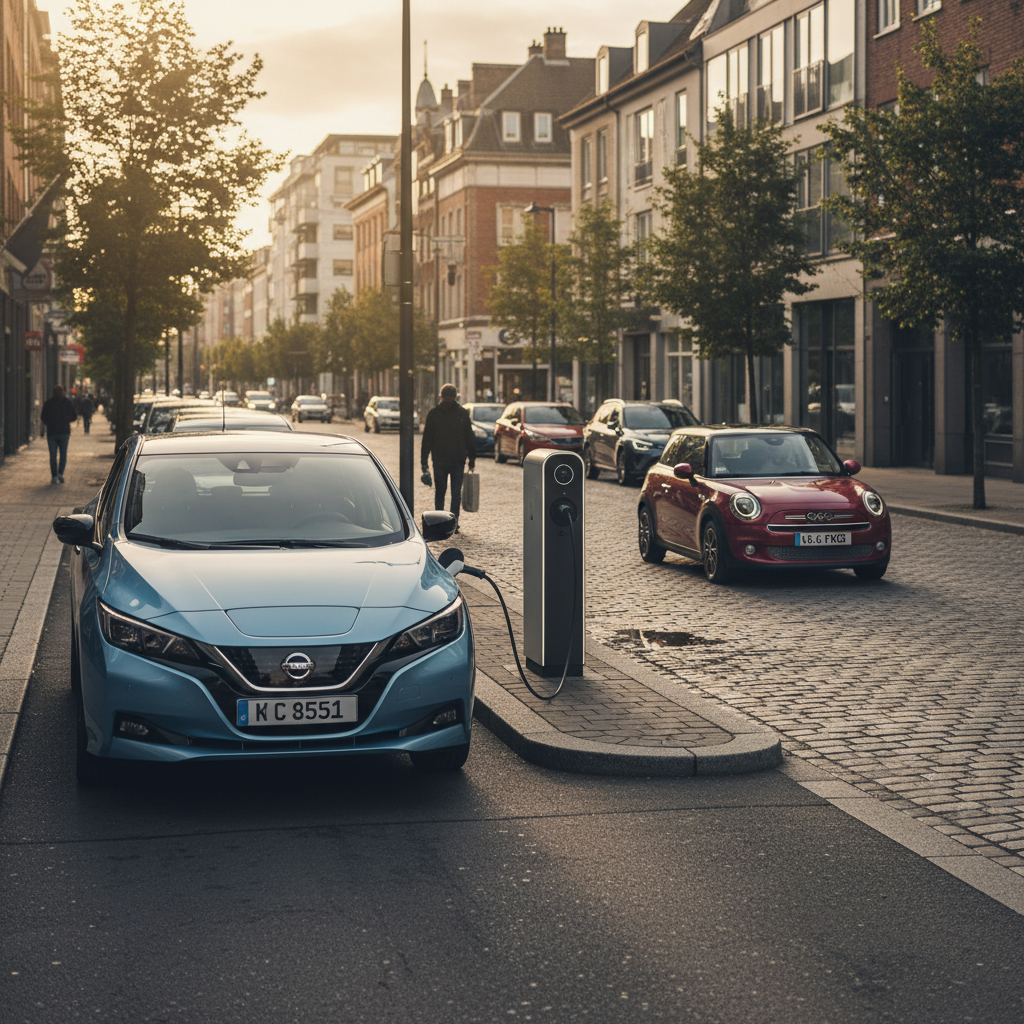If you own or are shopping for a Hyundai Ioniq, you’ve probably wondered about Ioniq battery replacement cost. EV and hybrid batteries can run into the thousands of dollars, but warranties are generous – and most packs never need replacement during normal ownership. The key is understanding what you’re driving, what’s covered, and what a worst‑case bill actually looks like in 2025.
Two different “batteries” in your Ioniq
Ioniq battery replacement cost at a glance
Typical 2025 Ioniq traction battery replacement ranges
Good news for most owners
How much does a Hyundai Ioniq battery cost to replace?
Actual Ioniq battery replacement cost depends heavily on which version you own and whether the pack is still under warranty. Below are ballpark figures based on recent shop estimates, independent repair data, and published owner experiences. These are out‑of‑warranty totals including parts and labor at a dealership or specialist shop in the U.S.
Estimated high‑voltage battery replacement cost by Ioniq model (out of warranty)
Approximate 2025 U.S. pricing for a full traction battery replacement at a dealer or qualified independent shop. Your local quotes may differ.
| Ioniq model | Model years (approx.) | Battery type | Estimated total cost |
|---|---|---|---|
| Ioniq Hybrid | 2017–2022 | Hybrid traction pack | $2,800 – $4,500 |
| Ioniq Plug‑in Hybrid | 2018–2022 | Plug‑in hybrid pack | $8,600 – $13,000 |
| Original Ioniq Electric (28–38 kWh) | 2017–2022 | All‑electric pack | $12,000 – $16,000 |
| Ioniq 5 (58–84 kWh) | 2022–present | All‑electric pack | $12,000 – $16,000+ depending on capacity |
| Ioniq 6 (for comparison) | 2023–present | All‑electric pack | Similar to Ioniq 5; often quoted well into five figures |
Use this as a directional guide, not a quote. Always get written estimates from local service departments.
Why online quotes vary so much
Hyundai Ioniq battery warranty coverage
The single biggest factor in whether you’ll actually pay for a traction battery is Hyundai’s warranty. For most U.S. Ioniq owners, the high‑voltage battery is covered for at least 8 years / 100,000 miles, and many EV and plug‑in models carry 10‑year coverage or longer capacity guarantees.
Typical U.S. Hyundai Ioniq traction battery warranties
Always confirm your exact terms in your warranty booklet or with a Hyundai dealer.
Ioniq Hybrid
Coverage: Commonly 8 years / 100,000 miles on the high‑voltage battery.
Hybrids rely less on the pack for propulsion than EVs, so real‑world failures are relatively rare in the first decade.
Ioniq Plug‑in Hybrid (PHEV)
Coverage: Often 10 years / 100,000 miles in the U.S.
The pack is larger and does more work than a standard hybrid, so Hyundai extends coverage to reassure buyers.
Ioniq Electric & Ioniq 5
Coverage: Generally 10 years / 100,000 miles for the traction battery.
Hyundai typically guarantees that the pack will retain a minimum state of health (around 70%) during the warranty period.
Capacity vs. total failure
Warranty terms can also vary by country and by first vs. subsequent owner. In Canada and Korea, for example, some Ioniq EVs have had longer mileage or even “lifetime” battery warranties for original private owners. In the U.S., the headline number is usually that 8–10 year / 100,000‑mile window, with fine print around ownership and usage.
If your dealer says it’s not covered…
5 factors that change your Ioniq battery replacement cost
- Model and battery size. A compact hybrid pack in a 2019 Ioniq Hybrid costs far less than the 84 kWh pack in a late‑model Ioniq 5. More kilowatt‑hours generally means a higher bill.
- New vs. remanufactured. A brand‑new OEM pack from Hyundai will be the most expensive option. Some shops can source remanufactured, refurbished, or low‑mileage salvage packs at a significant discount, often with a shorter parts warranty.
- Dealer vs. independent shop. Dealers have brand‑specific training and tools but also higher labor rates. A qualified independent EV shop may quote a lower total if they can source the pack more cheaply and bill fewer labor hours.
- Software updates and accessories. Complex EVs like the Ioniq 5 may need control modules updated or replaced when a new pack goes in. That can add several hundred dollars in parts and programming time.
- Region and labor rates. Coastal metro areas tend to have higher hourly rates than smaller markets. On the flip side, markets with lots of EVs often have more competition and a deeper pool of used packs.
Don’t forget diagnostic fees
Signs your Ioniq battery may need attention
Most Ioniq drivers will never see a catastrophic battery failure, but there are early signs that the traction pack or related systems need a closer look. Catching issues early can be the difference between a minor repair and a major out‑of‑warranty bill.
Common symptoms of traction battery or high‑voltage issues
These don’t always mean “you need a new battery,” but they’re red flags you shouldn’t ignore.
Noticeable range loss
If your Ioniq Electric or Ioniq 5 suddenly loses a big chunk of range – not just the usual winter dip – you may have a capacity or cell‑imbalance issue.
Ask the dealer or an EV‑savvy shop to check the battery’s state of health (SOH).
Repeated “check EV system” warnings
Warning lights, limp mode, or sudden power reduction can point to problems with the high‑voltage battery, contactors, or control units.
Pull diagnostic trouble codes (DTCs) before assuming the pack itself is bad.
Overheating or unusual fan noise
EV and hybrid batteries rely on cooling systems. If you hear the battery fan running constantly or see temperature‑related warnings, have the system inspected.
Chronic charging problems
Failure to fast‑charge, error messages at DC stations, or extremely slow Level 2 charging can point to charging hardware or the pack itself.
Rule out station issues by trying multiple chargers first.
Safety first
Repair vs. replace – and ways to save
Not every battery‑related problem requires a full pack replacement. In many cases, the fix is cheaper and simpler than the worst‑case eleven‑ or fifteen‑thousand‑dollar scenario you see online.
When a repair may be enough
- Module or cell replacement: On some packs, individual modules can be replaced instead of the whole assembly if testing points to a localized fault.
- Cooling or wiring repairs: Leaks, blocked coolant passages, corroded connectors, or damaged harnesses can mimic battery failure but are far cheaper to fix.
- Control unit or software issues: Recent recalls on Ioniq EVs have involved charging control units and 12‑volt charging logic, not the traction packs themselves.
These repairs often land in the hundreds or low thousands of dollars, not five figures.
When a full replacement makes sense
- Severe degradation: The battery has lost so much capacity that the car no longer meets your range needs, and it’s out of warranty.
- Multiple failing modules: The pack has widespread issues; repairing module by module would cost nearly as much as replacing the whole unit.
- Accident or water damage: Insurance often totals the pack and authorizes a full replacement after flooding or collisions.
If you’re facing a full replacement out of pocket, it’s time to weigh that cost against the vehicle’s market value.
Practical ways to reduce Ioniq battery replacement cost
1. Confirm warranty eligibility first
Before you accept any quote, have the dealer check high‑voltage and recall coverage by VIN. In many real‑world cases, Ioniq owners initially quoted five‑figure repairs later discovered the pack or related component was covered.
2. Get at least two written quotes
Ask a Hyundai dealer and at least one independent EV‑savvy shop for estimates. Compare line items – pack price, labor hours, programming fees, and disposal charges.
3. Ask about remanufactured or used packs
Some shops can install a remanufactured or low‑mileage salvage pack for less than a brand‑new unit. Make sure you understand the warranty on that replacement battery.
4. Check whether insurance should pay
If the damage was caused by a crash, flood, or vandalism, your comprehensive or collision coverage may be on the hook, not your wallet.
5. Consider vehicle value vs. repair
If the replacement is close to or above the vehicle’s market value, it may make more financial sense to trade out of the car instead of fixing it.
When replacing the car makes more sense
What battery costs mean if you’re buying a used Ioniq
Battery replacement numbers can look scary, especially on a used EV that’s already a few years into its warranty. But they’re also a useful lens for evaluating risk when you shop the used market – and there are ways to tilt the odds in your favor.

Using battery costs to shop smarter for a used Ioniq
Think like a fleet manager: match remaining warranty and battery health to your plans.
Check remaining battery warranty
Add your planned ownership period to today’s date and mileage. If you expect to stay inside the 8–10 year / 100,000‑mile window, Hyundai is still on the hook for major battery defects.
Review battery health data
Whenever possible, look at the pack’s state of health and recent range history. At Recharged, our Recharged Score report gives you verified battery diagnostics on every EV we sell.
Compare price to battery risk
A high‑mileage Ioniq 5 priced well below market might be a deal – or it might be cheap because the battery is marginal. Make sure any discount more than covers the risk of earlier‑than‑expected battery work.
Use financing to spread risk, not increase it

Hyundai Ioniq battery cost FAQ
Frequently asked questions about Ioniq battery replacement cost
Bottom line on Ioniq battery replacement costs
A full Ioniq battery replacement is a big repair – anything from just under $3,000 for a hybrid up into the mid‑teens for a large EV pack. But thanks to long Hyundai warranties and generally robust battery chemistry, most owners will never write that check. Your best move is to understand your warranty, watch for early warning signs, and get a clear diagnosis before assuming the worst.
If you’re already staring at a five‑figure estimate, step back and compare that cost with the vehicle’s true market value and your long‑term plans. In some cases, especially with older cars, putting that money toward a different EV is the smarter play. Recharged can help you trade in, get a fair battery‑aware price for your current vehicle, and move into a used Ioniq or other EV with verified battery health and nationwide delivery – all handled online, on your schedule.



